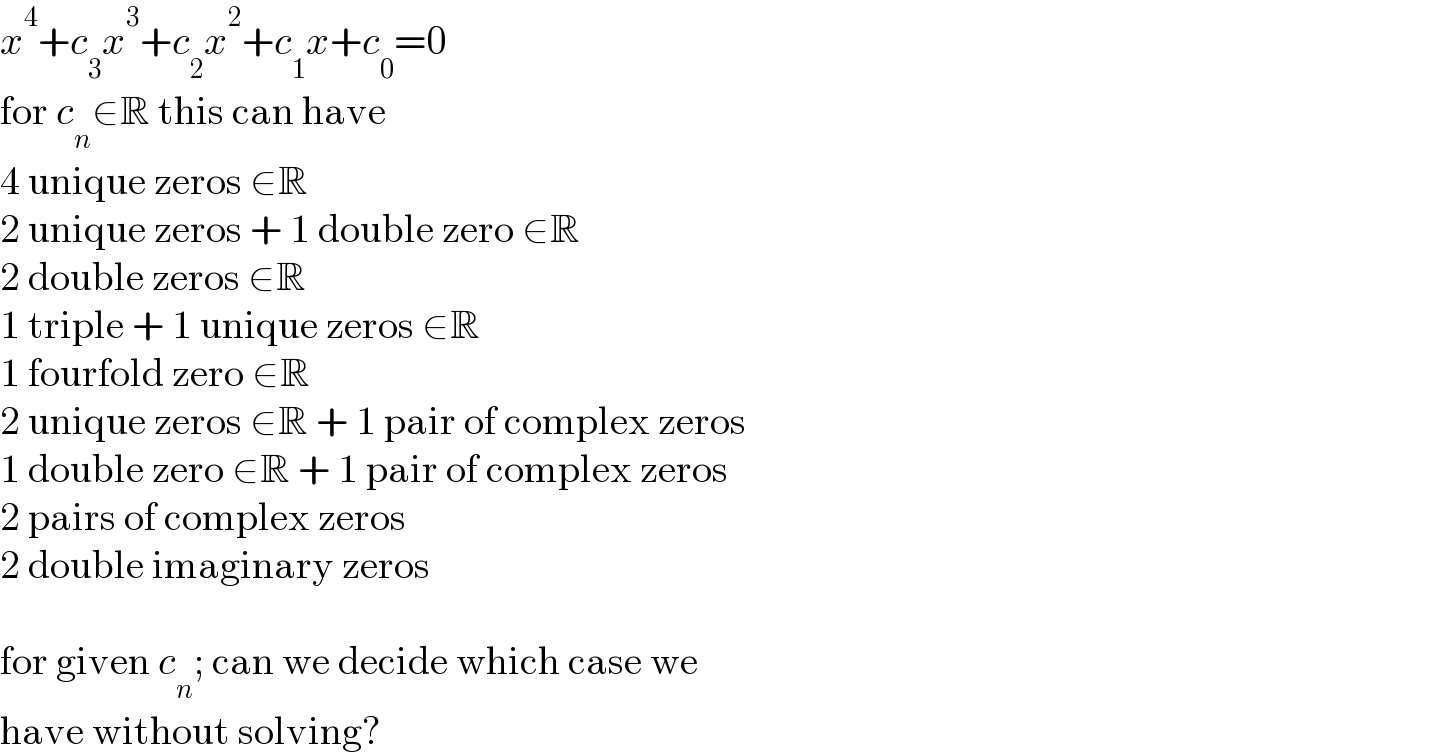
Question and Answers Forum
Question Number 152625 by Dandelion last updated on 30/Aug/21

Commented by Dandelion last updated on 30/Aug/21

Commented by MJS_new last updated on 31/Aug/21

Answered by MJS_new last updated on 02/Sep/21

Commented by Tawa11 last updated on 02/Sep/21

